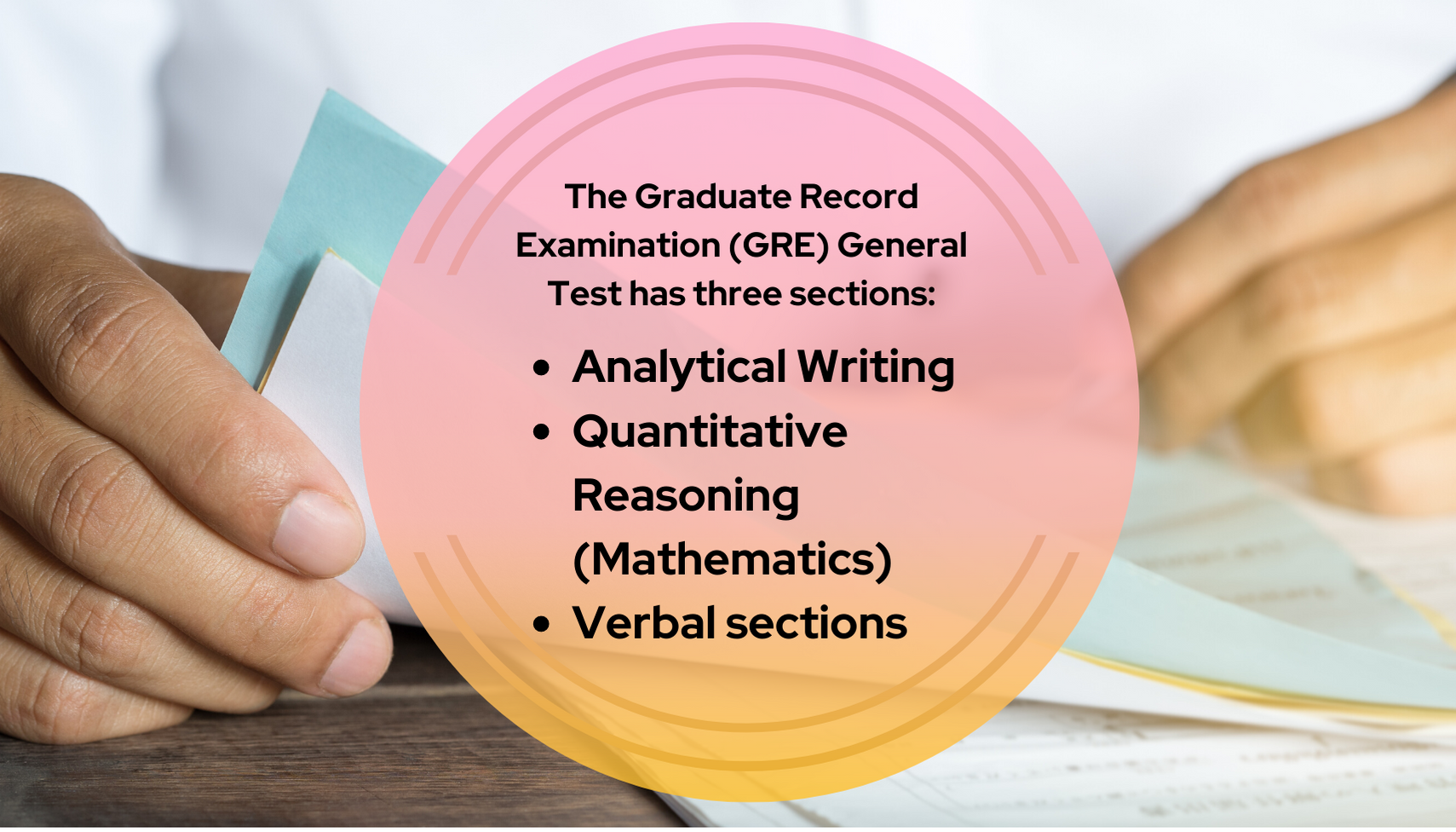In our previous article about acing the Graduate Record Examination (GRE), we shared some tips to help you succeed. In the previous point, we emphasized the importance of remaining positive and having a goal score in mind. But how does one arrive at a target score? What constitutes a good GRE score? In this article, we’ll look at some strategies for determining your target GRE score. Know everything about GRE preparation guide in this blog.
The GRE is one of the most competitive exams, with aspirants from all over the world taking it for a variety of programmes. You must set a target score for yourself in order to gain admission to a good university.
WHAT IS AN APPROPRIATE GRE SCORE FOR YOU?
A ‘good GRE score’ can differ from person to person as well as from university to university. For some students, 310 may be a good score, while for others, 310 may not be sufficient. Although it is difficult to provide an exact answer, here are some factors to consider when determining what constitutes a good GRE score for you.
Examine the average GRE scores for those schools.Most universities look at your verbal and quantitative scores separately rather than the total score. Universities will value your verbal score more if you are applying to humanities programmes, and your quants section more if you are applying to science or math programmes. So, depending on the type of programme you want to pursue, focus on your scores.
After you’ve narrowed down the universities’ average scores, aim to score at least two points higher. The better it is, the higher you can score.There you have it, your goal score! Great GRE scores are also important when universities evaluate your eligibility for scholarships or financial aid.
3 SCORE ANALYSIS PILLARS
The GRE Test is divided into three sections: Verbal Reasoning, Quantitative Reasoning, and Analytical Writing.
The Verbal Reasoning measure assesses the ability to analyze and draw conclusions from discourse and reason from incomplete data, understand multiple levels of meaning, such as literal, figurative, and author’s intent, summarize text and distinguish major from minor points, understand the meanings of words, sentences, and entire texts, and understand relationships between words and concepts.
Each test edition includes passages from three different subject matter areas: humanities, social sciences (including business), and natural sciences There is a focus on complex reasoning abilities. Solving GRE sample paper will increase your GRE total marks.
The Quantitative Reasoning test assesses the ability to comprehend, interpret, and analyse quantitative data, solve problems using mathematical models, and apply basic arithmetic, algebra, geometry, and data analysis concepts.There is a focus on quantitative reasoning abilities.
The Analytical Writing test assesses critical thinking and analytical writing abilities, such as the ability to articulate and support complex ideas with relevant reasons and examples, as well as examine claims and accompanying evidence. There is no single best way to respond, and the measure does not assess specific content knowledge.
THE SIGNIFICANCE OF GUIDELINES
Because GRE scores are frequently used to influence people’s educational and career paths, all score users are required to follow the published GRE Program guidelines. Departments and programmes must ensure that all score users are aware of the GRE guidelines, monitor score use, and correct any instances of misuse. Staff from the GRE Program are available to help institutions resolve score-misuse issues. Hopefully you are clear about What is GRE exam and how to prepare for it.
FINAL CONSIDERATIONS
The GRE General Test and GRE Subject Tests were created with a specific goal in mind: to add value to the admissions decision-making process. Understanding what the tests were designed to measure and predict can assist administrators and faculty in assigning an appropriate role for the use of test scores without relying on them to do more than they can.
Although GRE readers understand the time constraints under which you write and will regard your response as a first draught, you still want it to be the best example of your writing that you can produce under testing conditions.
At the end of each timed task, set aside a few minutes to check for obvious errors. Although a single spelling or grammatical error will not affect your score, severe and persistent errors will detract from the overall effectiveness of your writing, lowering your score










Thank you for great information. I look forward to the continuation.
Superb post however I was wanting to know if you could write a litte more on this topic? I’d be very grateful if you could elaborate a little bit more.
You’re so awesome! I don’t believe I have read a single thing like that before. So great to find someone with some original thoughts on this topic.
I really like reading through a post that can make men and women think. Also thank you for allowing me to comment!
Very nice blog post. I definitely love this site. Stick with it!
Some really excellent info I look forward to the continuation.
Comments are closed.